
The AIgorythm project

Playwright and actor
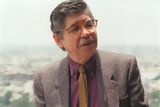
Novelist

Writer and poet

Volleyball player

Italian-Peruvian naturalist and geographer

Singer and percussionist

Last Inca emperor

Politician, former prime Minister

Journalist and TV host
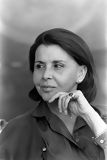
Poet

Inca warrior

Actor and comedian

Biophysicist

Poet

Doctor and researcher

Businessman, Interbank group

Journalist and writer
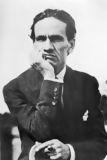
Poet and writer

Singer and songwriter
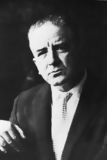
Writer

Film director, Berlin Golden Bear winner

Football player
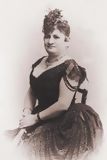
Writer and journalist
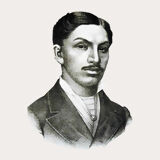
Doctor and scientist

Photograph

Chess player

Industrialist
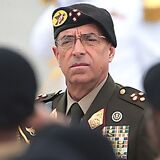
Former general

Specialist in public health

Actress and singer

Afro-Peruvian music singer

Mathematician and engineer

Indigenous chronicler

Neurologist and anthropologist

Painter

Football player
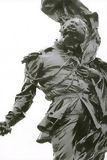
National hero, military leader

Intellectual and reformer

Chef and entrepreneur

Fashion designer

Singer-songwriter

TV presenter

Marathon runner

Indigenous Peruvian chronicler

Theologian

Former national team captain

Economist and former health minister

Inca princess

Writer and television host

Folk musician

Poet and guerrilla
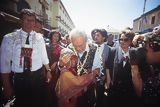
Former UN secretary-general

Chef, known for fusion cuisine

Football player

Peruvian aviation pioneer

Poet and artist
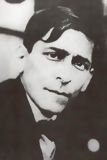
Marxist philosopher and writer

Industrialist and businessman
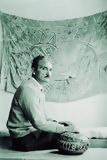
Novelist and ethnologist

Painter and muralist

Opera tenor

Fashion designer

Cardinal of Lima

Peruvian tennis player

Football coach

Leader of the indigenous rebellion
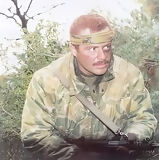
Military hero

Latin singer
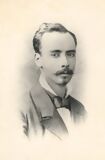
War of the Pacific hero

The youngest mother in history

Politician
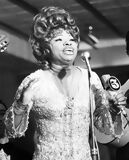
Creole music singer

Tennis player
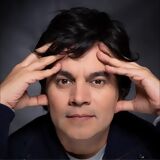
Musician

Writer and politician

Politician and founder of the Christian Democratic Party

Founder of Sodalitium Christianae Vitae

Archaeologist and anthropologist
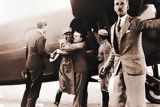
Military leader and politician

Television host
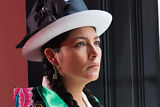
Actress and singer
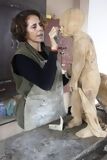
Contemporary sculptor

Women’s rights activist

Beauty queen

Astrophysicist

Heroine of independence
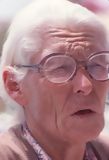
Mathematician and archaeologist

Historian and anthropologist
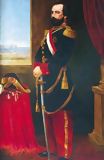
Military figure and historical figure

Fashion photographer
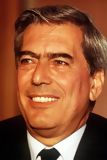
Writer, Nobel Prize in Literature, Politician

Revolutionary leader
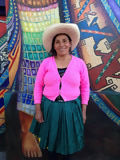
Environmental activist

Leader of the indigenous rebellion

Musician from Gaia band
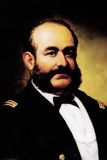
War hero
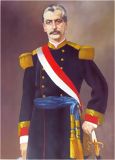
Military leader and politician

Chef, known for Nikkei cuisine

Volleyball coach and former player

Environmental activist

Television personality

Writer
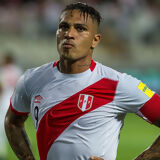
Football player

Epidemiologist and former health Minister

Inventor and aerospace pioneer

Soldier and inventor
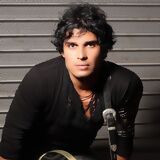
Rock singer

Chef and co-owner of Central restaurant

Painter

Football player

TV presenter and actress
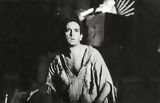
Actor
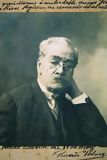
Writer and historian

Journalist and lawyer

Archaeologist, founder of Caral site
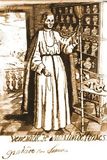
Monk and Saint
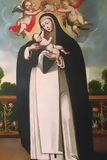
Saint, patron of Latin America

Physicist and engineer

World champion surfer

Actress

Oncologist

Singer, Latin Grammy winner

Former mayor of Lima

Singer

Actress

Former football player

Painter
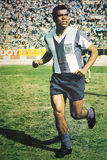
Former football player

Painter

Inca leader

Archbishop, saint
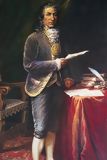
Leader of the indigenous rebellion

Revolutionary indigenous leader

Diplomat and intellectual

Sculptor and painter
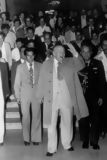
Political leader, founder of APRA

Lawyer and Former prime minister

Chef of Central restaurant

Former head of secret services

Popular singer

Fashion designer

Exotic music singer
Titu Cusi Yupanqui (c. 1529 - 1571) was an Inca leader and one of the last rulers of Vilcabamba, the stronghold of Inca resistance against the Spanish conquistadors. As the son of Manco Inca Yupanqui, Titu Cusi inherited the leadership of the Inca resistance after his father's death, taking on the responsibility of defending the last Inca-controlled territory. During his reign, Titu Cusi fought a prolonged struggle against the Spanish while attempting to negotiate peace terms that would preserve Inca autonomy.
Born into the Inca royal family, Titu Cusi grew up during the Spanish invasion and the collapse of the Inca Empire. His father, Manco Inca, had been crowned as a puppet emperor under Spanish control but later rebelled, establishing a resistance in Vilcabamba. Titu Cusi was raised in this context of conflict, learning early on to fight for his people's survival.
Upon Manco Inca's death in 1544, Titu Cusi took leadership of Vilcabamba, the Inca stronghold in the Andean jungle. Under his command, Vilcabamba became the last refuge of Inca power and the seat of the rebel government. Titu Cusi sustained the Inca resistance for nearly three decades, employing both military and diplomatic tactics to maintain his people's independence against the Spanish.
Despite his defensive stance, Titu Cusi also sought to negotiate with the Spanish. In 1568, he reached an agreement with Spanish representatives, allowing missionaries to enter Vilcabamba in exchange for respecting Inca territory and governance. Though he permitted Christian missionaries, Titu Cusi maintained his traditional religion and a wary distrust of the Spanish.
In 1571, Titu Cusi died under suspicious circumstances, possibly poisoned by the Spanish. His death marked a turning point in the Inca resistance, as his successor Tupac Amaru continued the fight but was captured and executed by the Spanish in 1572, bringing an end to the Inca state of Vilcabamba.
Titu Cusi Yupanqui's legacy is intertwined with the final resistance of the Incas against Spanish colonization. His leadership in Vilcabamba represented one of the last efforts by the Inca people to preserve their culture, government, and religion in the face of foreign invasion. Despite his attempts to negotiate peace, Titu Cusi remains a symbol of Andean resistance and their struggle against colonization.
Titu Cusi Yupanqui, as one of the last leaders of the Inca Empire, is remembered as a key figure in the resistance against the Spanish conquistadors. His efforts to balance diplomacy with military defense reflect the complexity of the Inca struggle for survival in a rapidly changing world. Through his resistance, Titu Cusi remains a symbol of the Inca people's pride and persistence.